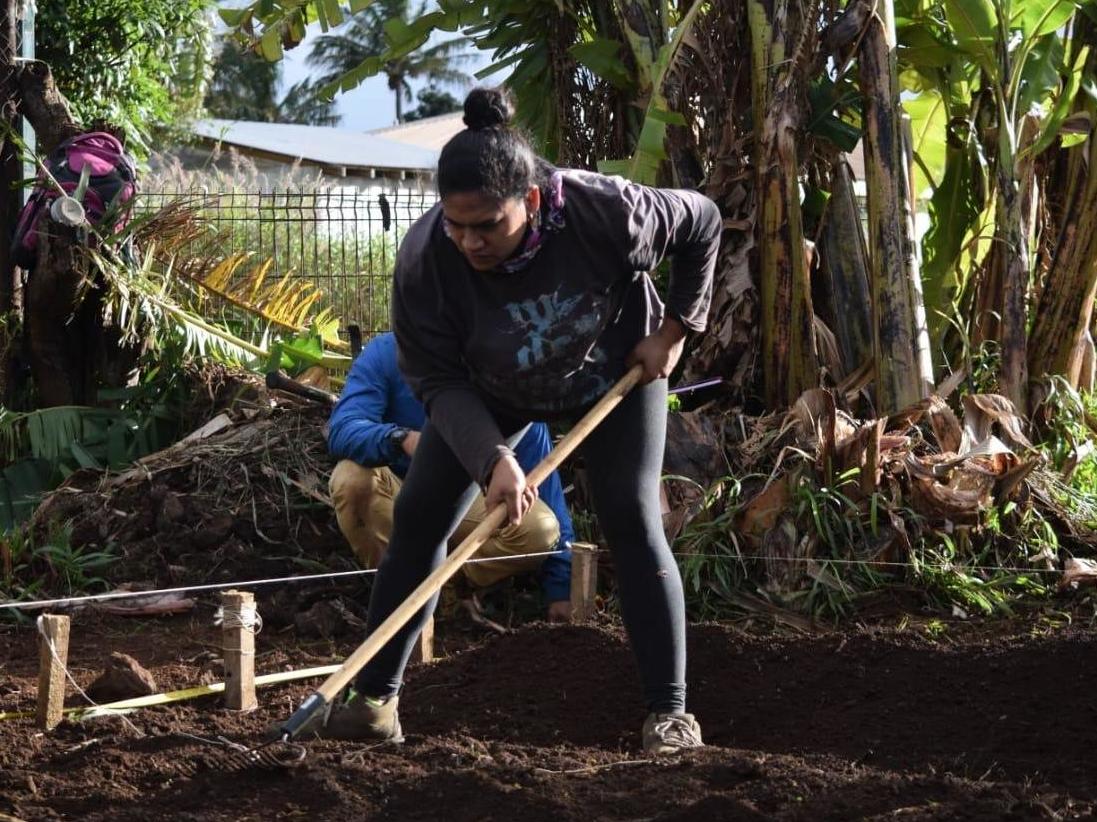Coronavirus: How Easter Island eliminated Covid-19 and discovered a new way of life in the process
The island has no real health system and remains cut off from the rest of the world. So when the first case of Covid-19 was reported locals feared the worst, as Samuel Lovett reports


Some 2,200 miles of ocean separate Easter Island, one of the world’s most remote inhabited territories, from the coastline of Chile. But in times of a pandemic, such splendid isolation counts for little. Covid-19 has crept into every corner of the globe, and even Rapa Nui, as the island is otherwise known, has found itself vulnerable.
“We were following the evolution of the pandemic back in December, when we first heard about it,” Pedro Edmunds Paoa, mayor of Easter Island, tells The Independent. “The first case in Chile was 3 March. Four days later, I asked to close the island officially. The government was surprised. It was not thinking of doing anything like that itself.”
Pedro was met with initial resistance from Santiago, which has final say over border control, but after a phone call with the owners of Latam Airlines – which typically provides 14 flights a week to the island – Rapa Nui was closed off to the outside world. “I told them we don’t need any more passengers as we need to protect the island,” Paoa says. “They confirmed on Tuesday 17 [March] that was the last airplane. We’ve been closed since then.”
Subscribe to Independent Premium to bookmark this article
Want to bookmark your favourite articles and stories to read or reference later? Start your Independent Premium subscription today.
Join our commenting forum
Join thought-provoking conversations, follow other Independent readers and see their replies
Comments